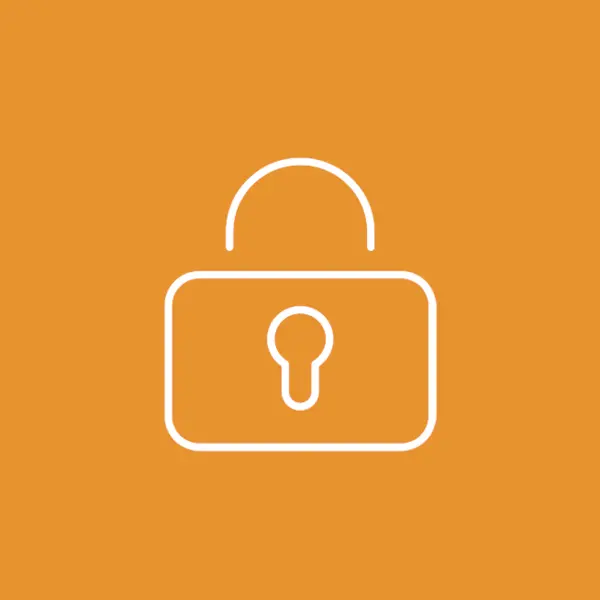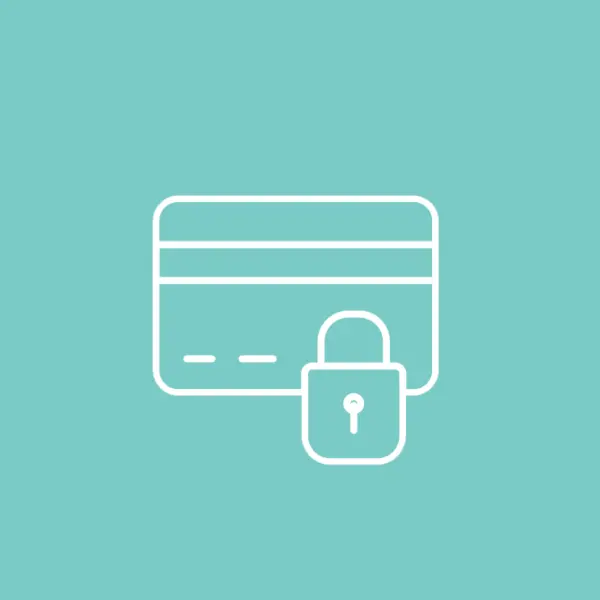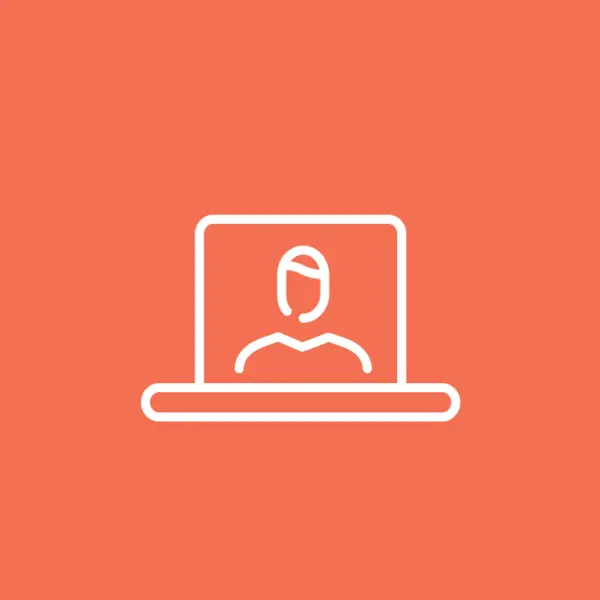Secure Your Accounts
Your account credentials are the first line of defense for protecting your accounts from cybercriminals, but usernames and passwords are not enough to secure your online accounts anymore.
Manage your passwords: follow these rules for managing your passwords
- Use a unique, random password or passphrase consisting of 16+ characters for each account
- You can include uppercase, lowercase, numbers, and special characters
- Manage the passwords with a password manager such as LastPass, OnePass, or others
- Implement multi-factor authentication (MFA) for all sites that offer it
Account inventory: get a handle on all your online accounts
- Use a password manager to keep all your account information in one place using a single master password
- Look in your phone, email, or your browser’s saved passwords to identify all your online accounts
Click Wisely
Clicking on Links
Phishing attempts vary from obvious frauds to sophisticated deceptions, but they share common characteristics. Before clicking a link, consider the following:
- Does the message make you feel anxious and reactive?
- Is this communication consistent with your usual interactions with the person or organization?
- Does the message involve any financial transactions?
Revealing a link address
On the Internet, links may not always lead where they seem. To reveal an address:
- Desktops/Laptops: Hover your pointer over a link without clicking to see the address pop up.
- Mobile Devices: Click and hold a link until a pop-up box appears, allowing you to follow, copy, or open it in a new tab.
- Be cautious with links; even legitimate partnerships may use Bentley's name, but so can attackers. Check for misspellings.
Reporting phishing emails
- Forward phishing emails to: phishbowl@bentley.edu or helpdesk@bentley.edu
When you report a suspected phishing email, we check it out. If it is a phishing attack, we may do the following:
- Block dangerous links so people can connect to them
- Block malicious files from being delivered to inboxes in the future
- Investigate if there are compromised systems or accounts
Own Your Online Presence
Owning your online presence is actively managing your privacy and staying current with new ways to stay safe online such as using available tools – like privacy and security settings – to manage who sees the things you post online and with whom you share information. Take these steps to keep your personal information safe:
Personal information is like money. Value it. Protect it: information about you, such as your purchase history or location, has value – just like money. Be thoughtful about who gets that information and how it’s collected through apps and websites.
Be aware of what’s being shared: set the privacy and security settings on web services and devices to your comfort level for information sharing. It’s OK to limit how and with whom you share information.
Share with care: think before posting about yourself and others online. Consider what a post reveals, who might see it and how it could be perceived now and in the future.
Apply the golden rule online: post only about others as you would have them post about you.
Social Media: here are some things to keep in mind about safeguarding your online data in social media sites
- Assume that everything you post has the potential to become public.
- Understand that it’s very easy for people to take comments out of context online. Couple that with the fact that text doesn’t often convey emotional subtext, Think before you post.
- Analyze your online presence from the perspective of prospective employers or clients.
- Most social networks have privacy controls to allow you to control who can view what types of content. Spend some time on each network to set the privacy settings to what you’re comfortable with.
- Social media profiles are fertile sources of personal information that attackers can use in social engineering scams, and more. When sharing, consider how what you’re sharing could be used against you.
- Social media can inadvertently be a source of a client confidentiality breach for your work – remain vigilant
Secure Your Devices
Laptops, Smart phones, tablets, and other mobile devices have become a necessary part of many people's lives. Of course, there's a great deal of convenience in having high-powered computers at our fingertips--but there are also drawbacks. With more and more of us sending texts and emails on the go, not to mention banking, shopping, and conducting other transactions, our personal information is more vulnerable than ever.
- Physical protections for your device: use these protections to safeguard your data
- Protect your mobile devices with biometric logins (fingerprint, face, retina scans)
- Use your devices auto lock features after which the device will lock itself automatically
- Ensure full disk encryption is turned on
- Don’t share your device with others
- Report loss or theft immediately. Many mobile devices can be set up with an “auto-wipe” process in the case the device is lost or stolen
- Protect your data
- Sync the data on your mobile device to another location. Most phone devices now allow you to sync your data to the cloud.
- Keep your device patched with the most recent operating system updates
- Keep current on security software, web browser and operating system updates
Know Your Data
- Make sure your are aware of Bentley’s Data classification policy and that your are storing sensitive data in secure and authorized locations.
- Never store sensitive Bentley data on personal devices, and always used Bentley issued devices to edit and update sensitive data.
- Do not use email to transmit sensitive data to an external third party. Use a secure third party website or portal to exchange documents.
- Has your data been compromised? If you have been informed that your personal data may have been leaked in a breach, there are some steps you can take to secure your identity:
- If you are offered free monitoring services be a company that leaked your personal data, take advantage of the service
- You can freeze your credit reports issued by the three main credit reporting agencies to prevent someone from using your identity to take out loans








